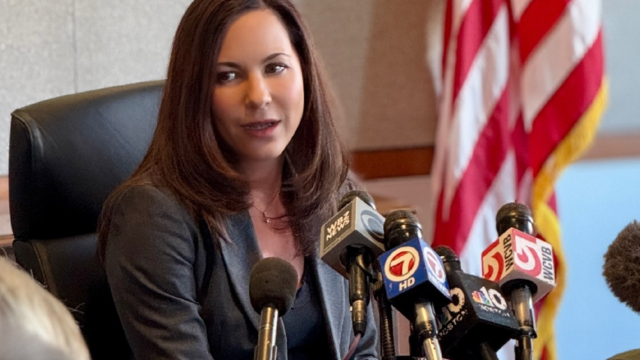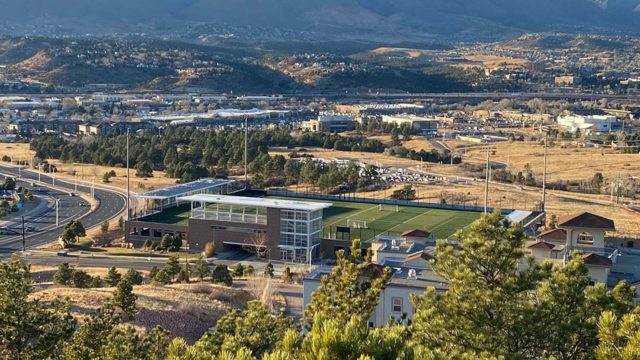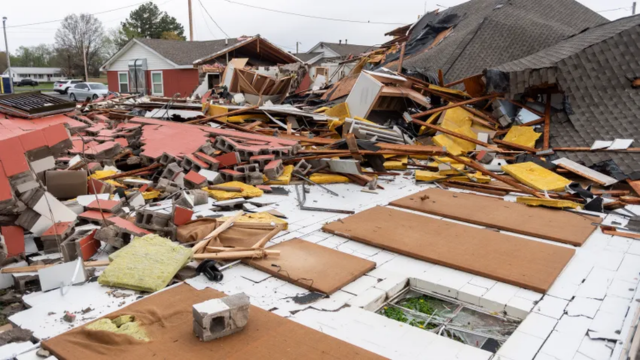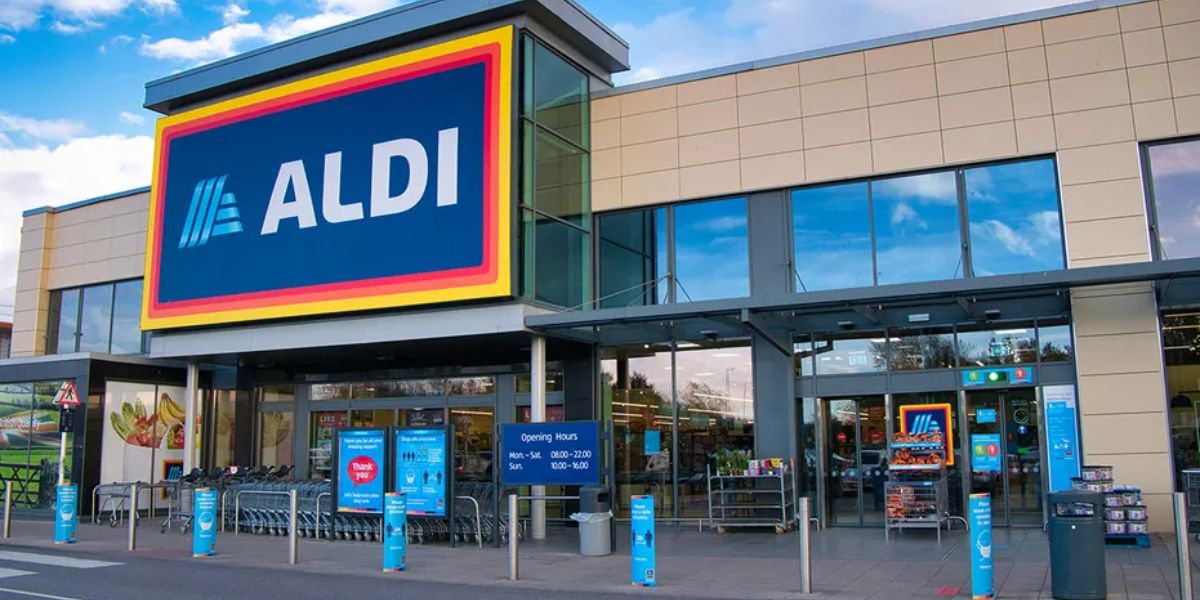On Wednesday, the United States Attorney for the District of Massachusetts, Leah Foley, issued a statement that extended the discussion on safe injection sites in the state of Massachusetts.
The locations are establishments that provide persons with the opportunity to take illegal substances that they have obtained in advance while being supervised by trained personnel. These locations have the objective of minimizing harm by preventing deaths caused by overdoses, facilitating connections between individuals and treatment facilities, and reducing the transmission of infections such as HIV and hepatitis C. As the state of Massachusetts struggles to deal with an ongoing opioid crisis, the concept has been the subject of major debate and legislative activity in the state.
The statement made by Foley gives the impression that the federal authorities will not ignore the sites.
The editorial that was published on April 6th by the Lowell Sun proposed that the “Feds’ blind eye would give safe inject sites a try.” The editorial began by posing the question of whether or not the moment has come to challenge the prevalent federal law that criminalizes so-called “safe injection sites.” It concluded with the hope that the time would come when the federal government would look the other way when it comes to any facilities in Massachusetts that are considered to be safe injection sites.
“I have a one word response to the opening question of the editorial, and that word is no.
“As for the hope of a blind eye, I can assure you that such a time will never come during this administration. “Safe injections sites,” “harm reduction sites,” or whatever other name proponents choose to call them, are completely unlawful and do nothing to assist anyone in overcoming their addictions. On the contrary, they make it easier for harmful conduct to occur, which in turn destroys lives, consumes families, and wreaks havoc on communities.
Not so long ago, the open-air drug market that was operating with impunity along “Methadone Mile” in Boston was shut down. This was due to the exponential rises in drug trafficking, sex trafficking, and violence, all of which were the direct result of the ill-conceived experiment that allowed drug users to flout the law. There has been no return of businesses since they left. It is neither compassionate nor constructive to create surroundings that aide individuals in the process of putting poisons into their bodies. It is imperative that we continue to allocate all of our resources to the prevention programs that guide people, particularly our young people, away from drug use and treatment regimens that really save people’s lives from their addictions.
Despite the fact that Massachusetts has not yet developed any legally sanctioned safe injection sites, there has been significant progress made toward establishing such sites. According to the Massachusetts Department of Public Health, the state recorded 2,359 deaths connected to opioids in 2022, which was the highest number ever recorded.
The authorization of safe injection sites in Massachusetts has been the subject of several legislative proposals from time to time. “An Act relative to preventing overdose deaths and increasing access to treatment,” which is the title of several of the bills that have been proposed, such as H.2088 and S.1272, have attempted to establish a pilot program for at least two supervised consumption sites that would last for a period of ten years. The present state regulations that ban the distribution of pharmaceuticals without authorization would be addressed by these proposals, which would make it possible for communities to opt in and give legal protections for employee and user rights. However, despite the fact that these plans have received approval from medical professionals, addiction specialists, and a majority of voters (70 percent according to a study conducted by Beacon Research in 2023), they have not yet been legislated.
When it comes to municipal efforts across the state, Somerville has been at the forefront of the pack. A report that outlined ideas for a supervised consumption site was published by the city in 2022. The research suggested that the site might be a movable unit that was situated in a parking lot that was controlled by the city. A clinic, as well as staff members such as nurses and peer support specialists, would be included in the proposed facility. These cubicles would be designated for drug usage. Although the initial plans called for the opening to take place in 2021, the dates have been pushed ahead as a result of delays caused by the COVID-19 outbreak and legal uncertainty. Advocates are still diligently working toward the implementation of the plan.
There is a significant amount of support for safe injection facilities in Massachusetts among those who work for public health and among some state politicians. Since 2017, the Massachusetts Medical Society has supported pilot projects, claiming evidence that these locations save lives and make it easier for people to receive treatment. A statement made by Governor Maura Healey in 2023 indicated that she is in favor of towns making decisions that are in the best interest of their inhabitants, including the possibility of safe consumption locations. She has shown her willingness to consider harm reduction techniques. For the first time, the Department of Public Health (DPH) made a recommendation for overdose prevention centers in a study that was published in 2023.
On the other hand, opposition continues. Throughout his tenure as governor, Charlie Baker constantly voiced his opposition to the sites, stating that they violated federal law and did not provide adequate evidence to support their proposed solutions. Some members of the law enforcement community, such as the District Attorney for Hampden, Anthony Gulluni, consider these activities to be state-sanctioned drug usage that has the potential to make the situation much worse. The “crack house statute” (21 U.S.C. Section 856) is a legal barrier that comes from the federal level. This statute forbids the maintenance of spaces that are used for the use of illegal drugs.
On a global scale, there are approximately 200 supervised consumption sites that are operational in countries such as Canada and Australia. The data demonstrates a decrease in the number of deaths caused by overdoses and the amount of public drug use. For the first time in the United States, New York City launched its first legal locations in 2021, and by 2023, it had reported more than 125 overdose interventions. Even though there were 33 overdoses, all of them were reversed using Narcan, an unapproved location in the United States registered zero deaths during the period of 2014-2019. The desire from the community was shown by the findings of a survey conducted in 2021 in Somerville, Massachusetts, which revealed that 94% of drug users would use such a location.
On the other hand, critics contend that there is little evidence that safe injection sites address the larger opioid issue. They point to increased overdose rates in locations like Vancouver, Canada, even with established sites. On the other hand, proponents argue that these facilities are just one of many tools that are required to address a complex issue.
Regarding the establishment of safe injection sites, the state of Massachusetts is still in the process of planning and advocating for implementation. It will remain in that location if Foley has any say in the matter.


 by
by 




